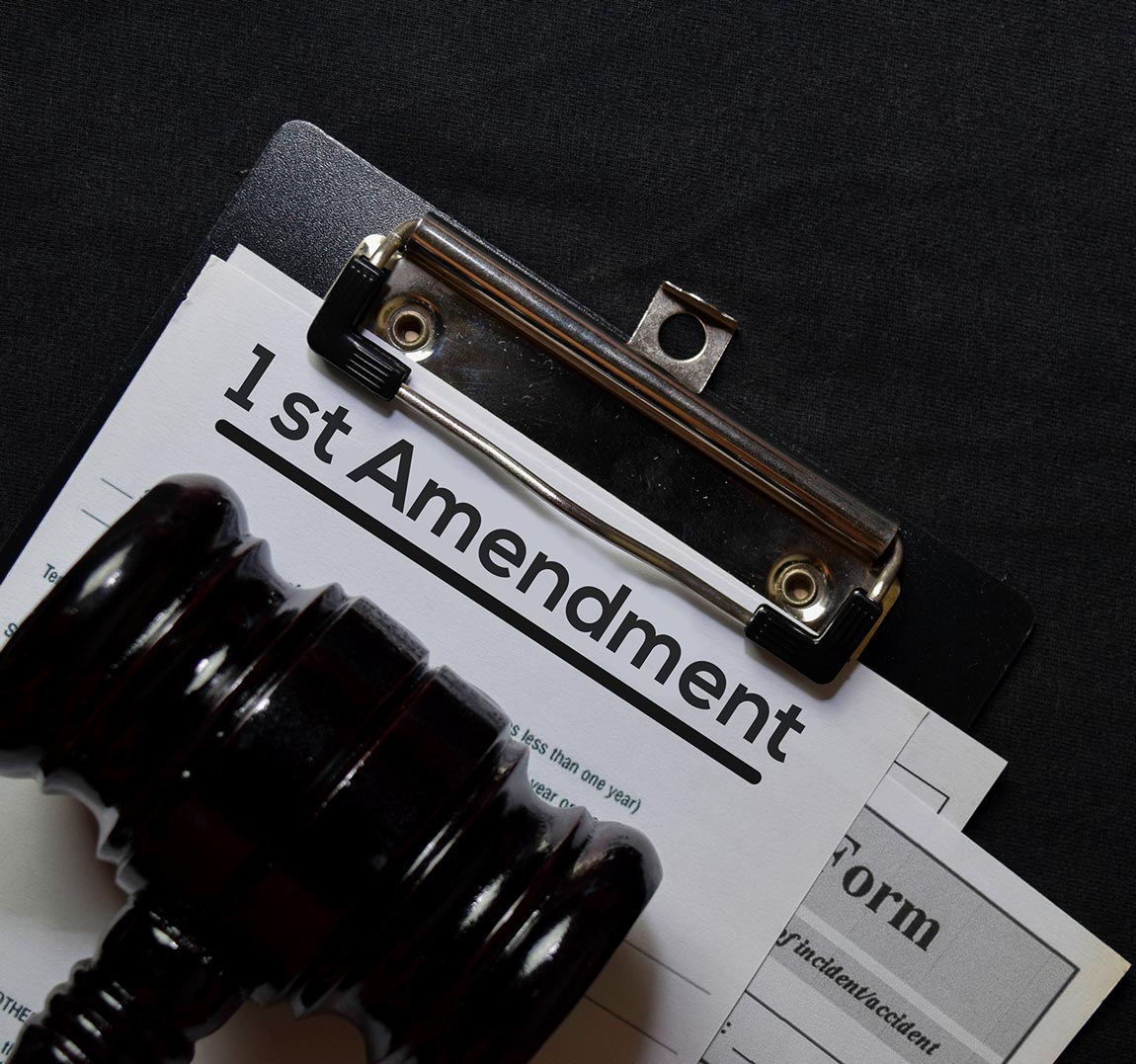
Closely related but importantly distinct from those parental rights cases are a series of cases and legal arguments currently being raised by teachers throughout the country regarding the same policies and teachers’ rights to interact with their transgender and/or social transitioning students in a manner consistent with their religious beliefs. Kluge v. Brownsburg Community School Corporation (64 F.4th 861 (7th Cir. 2023)), Tapia v. Jurupa Unified School District (C.D. Cal., No. 23CV0789 SP, 2023) and Mirabelli v. Olson (S.D. Cal., No. 23CV0768 BEN WVG, 2023) are three such cases. A comparison of the facts and legal arguments in each offers insight into areas of constitutional law on which a nationwide consensus will likely prove difficult to reach in the lower courts.
Both the lower court and court of appeals found that the school district met its burden of showing that the accommodation created an undue hardship because it “conflicted with the school’s philosophy of affirming and respecting all students.” (Kluge at 60.) In reaching this decision, the court relied on the Supreme Court Case, Trans World Airlines, Inc. v. Hardison, (432 U.S. 63 (1977)), which defines when an accommodation causes an undue hardship. Hardison is currently being reconsidered by the Supreme Court in the case of Groff v. DeJoy (35 F.4th 162 (3d Cir. 2022), cert. granted, 143 S. Ct. 646 (2023).) If the Court’s ruling makes it more difficult to establish an undue hardship, future court decisions about accommodations like Kluge’s could be very different.
Filed in Riverside County, Tapia v. Jurupa Unified School District also includes a Title VII accommodations claim by a teacher who was terminated following complaints and an investigation into her religious comments and practices both in class and on social media. Tapia was a high school physical education teacher who often posted about her religious beliefs on social media. She believes that she is precluded by her faith from following school policies related to students’ gender, nondiscrimination and student privacy. Her social media practices led to student complaints to the school, and an internal investigation found that Tapia violated several district policies. Ultimately, she received a Notice of Unprofessional Conduct that outlined the directives necessary for her to continue teaching in the district, including using the name and pronouns requested by students. Tapia did not agree with the directives and instead requested several accommodations, which the district determined it could not grant without violating California and federal laws. Tapia was subsequently terminated from employment and has sued the district on several grounds.
Finally, in Mirabelli v. Olson, two teachers in San Diego County challenged district policies related to nondiscrimination and student privacy, as well as guidance from the California Department of Education, which except in “rare” instances, prohibits school personnel from informing parents of a student’s social and/or gender transitions. These two teachers requested and received an accommodation to only use students’ last names (much like the accommodation in Kluge), and they did not take issue with the portions of the policies related to students’ names. However, when no accommodation was given for the district policies and CDE guidance that related to student privacy and employee disclosure of a student’s intimate information to parents, the teachers sued the school board, California State Board of Education and several other parties. The teachers argued that their free speech and free exercise rights were violated by district policies and CDE guidance, and they requested the federal court to find the policies and guidance unconstitutional.
These cases all rely on similar situations and fact patterns with the parental rights cases discussed in the summer magazine column. How all of these overlapping yet distinct scenarios will be decided by the courts is difficult to predict. Courts that hear these cases must consider Supreme Court precedents that are not detailed in their application, may overlap the rights of parents, teachers and students, and exemplify the differences in state and federal laws. It is not unlikely that different courts will rule differently on these and other cases with similar facts, and that the question related to teacher’s First Amendment rights may end up before the Supreme Court. However, for now, the best practice is to be aware of these ongoing issues and complicated legal questions and follow the laws as they exist today.